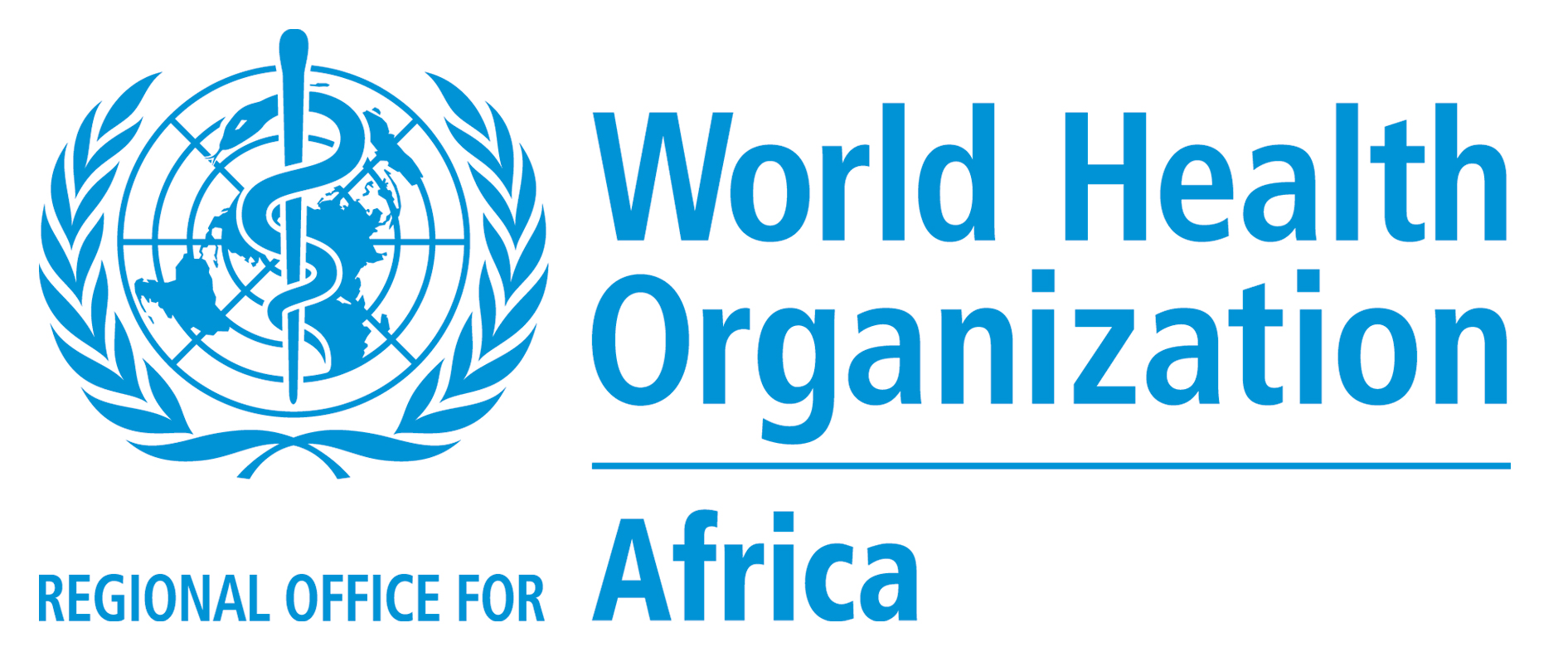The meeting provided a platform for collaboration, sharing ideas and resetting focus for a post COVID-19 Africa
The Seventy-second session of the World Health Organization (WHO) Regional Committee for Africa wound up today after five days of deliberations and adoption of strategies to better respond to the region’s health challenges and improve people’s health and well-being.
Around 30 health ministers and more than 700 participants attended the meeting
The meeting provided a platform for collaboration, sharing ideas and resetting focus for a post COVID-19 Africa. Three resolutions were adopted during the meeting including a strategy to decentralize health services for severe noncommunicable diseases, reforming the response to public health, and a regional strategy for the management of environmental determinants of human health.
Around 30 health ministers and more than 700 participants attended the meeting – held in the Togolese capital Lomé – in-person and virtually. The Regional Committee is the WHO’s decision-making body in the region, convening once a year to discuss and endorse regional policies, activities and financial plans to improve people’s health and well-being.
Closing speech by Dr Matshidiso Moeti, WHO Regional Director for Africa: https://www.afro.who.int/regional-director/speeches-messages/closing-72nd-session-who-regional-committee-africa







OTHER ARTICLES
Editorial — Prevent, inform, and act for women’s health in Africa
Kenya : Government Prioritises Maternal Health and Strengthens Support for Community Health Promoters
Strengthening pandemic prevention, preparedness, and response capacities in Senegal using the “One Health” approach